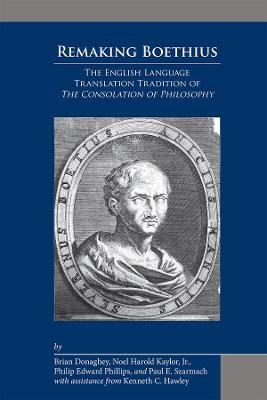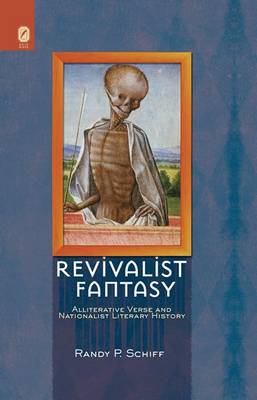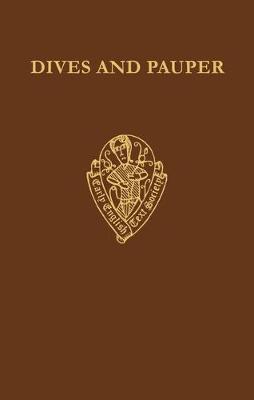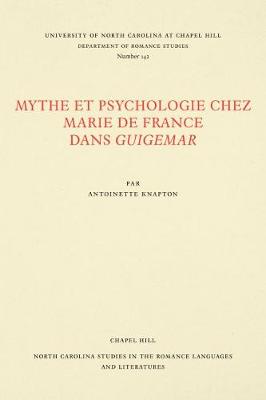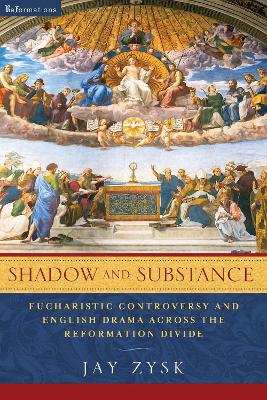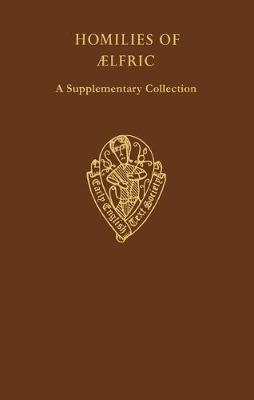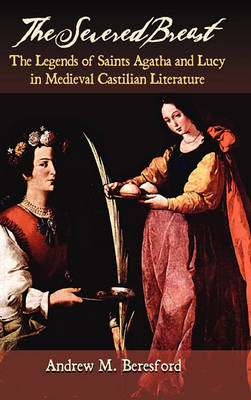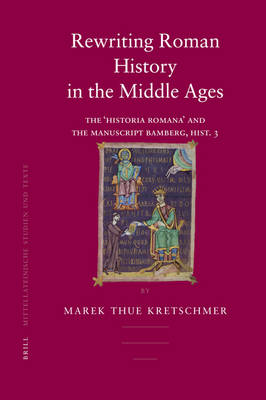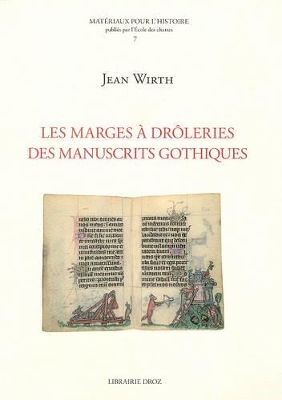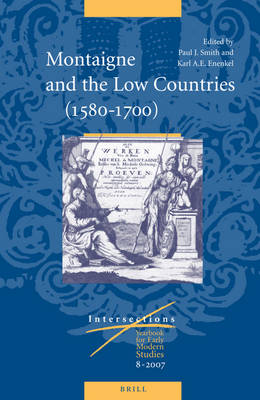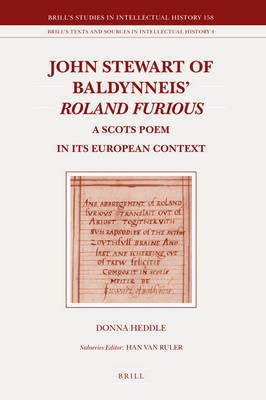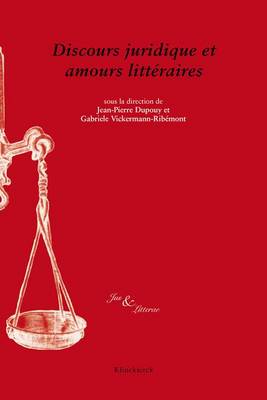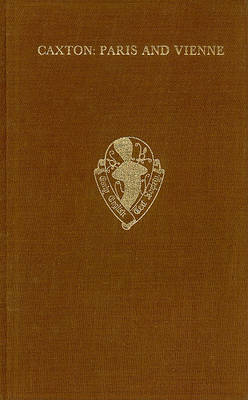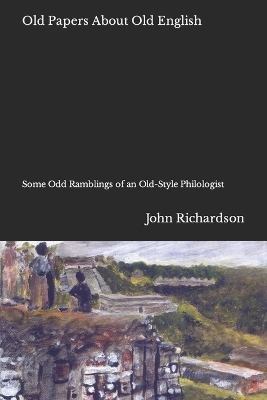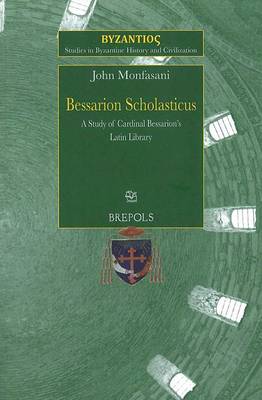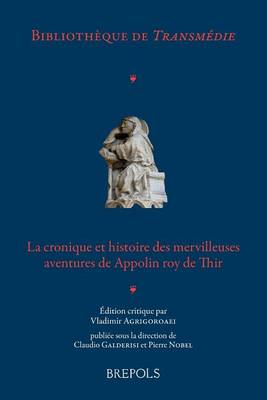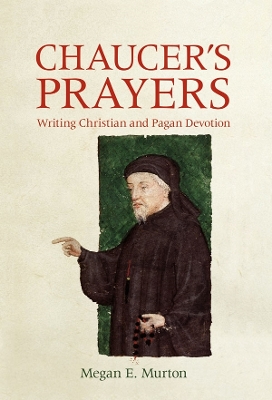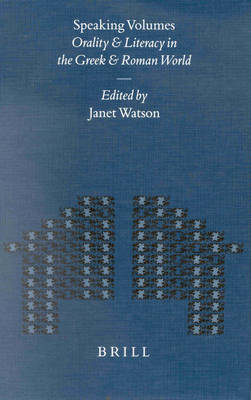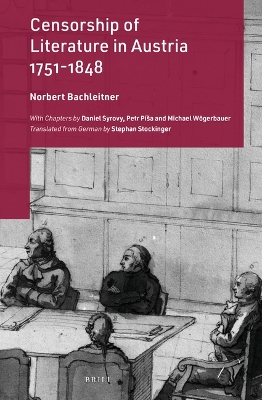This volume is a reference work, organized chronologically in its sections, with a separate entry for each translator's work. The sections are defined by the type of translations they comprise. The plan of the book is encyclopedic in nature: some biographical material is provided for each translator; the translations are described briefly, as are their linguistic peculiarities, their implied audiences, their links with other translations, and their general reception. Sample passages from the tra...
Revivalist Fantasy (Interventions: New Studies Medieval Cult)
by Randy P Schiff
Dives and Pauper Text vol I Part II (Early English Text Society Original, #280)
A psychological interpretation of Marie de France's Guigemar, a lai that uses the legend of Hercules as a vehicle for her ideas on love and duty in society.
Shadow and Substance (ReFormations: Medieval and Early Modern)
by Jay Zysk
Shadow and Substance is the first book to present a sustained examination of the relationship between Eucharistic controversy and English drama across the Reformation divide. In this compelling interdisciplinary study, Jay Zysk contends that the Eucharist is not just a devotional object or doctrinal crux, it also shapes a way of thinking about physical embodiment and textual interpretation in theological and dramatic contexts. Regardless of one's specific religious identity, to speak of the Euc...
Maqamat Al-Nasr Fi Manaqib Imam Al-'Asr
by Muhammad B Ahmad Al-Zamlakani
The Severed Breast (Juan de La Cuesta: Hispanic Monographs)
by Andrew M Beresford
Rewriting Roman History in the Middle Ages (Mittellateinische Studien und Texte, #36)
by Marek Thue Kretschmer
The Historia Romana was the most popular work on Roman history in the Middle Ages. A highly interesting aspect of its transmission and reception are its many redactions which bear witness to the continuous development of the text in line with changing historical contexts. This study presents the very first classification of such rewritings, and produces new insights into historiographical discourse in the Middle Ages. Drawing on an analysis of the paraphrase contained in the manuscript Bamberg H...
Les Marges A Droleries Des Manuscrits Gothiques (1250-1350) (Materiaux Pour L'Histoire Publies Par L'Ecole Des Chartes, #7)
by Jean Wirth
Montaigne (1533-1592) is known as the inventor of the essay. His relativism, his craving for self-knowledge and his taste for freedom and tolerance have had a long-lasting influence in Europe. It is therefore surprising that until present no substantial study has been devoted to the multiple relationships between Montaigne and the Low Countries. This volume aims to fill this gap. It studies the Netherlandish presence in Montaigne's Essays, represented by Erasmus and Lipsius and by contemporary h...
The poetry of John Stewart of Baldynneis, one of James VI's soi disant Castalian Band, is a relatively unknown phenomenon of the Renaissance period. This book is a critical edition of his epic poem Roland Furious, supposedly a translation of Ludovico Ariosto's Orlando Furioso into Scots but actually a brilliantly original poem which directly follows guidelines given by James VI for the creation of such literature in the Scottish vernacular. A fully annotated version of the text is given, along w...
Rupertus Tuitiensis. Liber de Divinis Officiis (Corpus Christianorum Continuatio Mediaevalis, #7)
BITAM 01 La cronique et histoire des mervilleuses aventures de Appolin roy de Thir, Agrigoroaei (Bibliotheque de Transmedie, #1)
In a culture as steeped in communal, scripted acts of prayer as Chaucer's England, a written prayer asks not only to be read, but to be inhabited: its "I" marks a space that readers are invited to occupy. This book examines the implications of accepting that invitation when reading Chaucer's poetry. Both in his often-overlooked pious writings and in his ambitious, innovative pagan narratives, the "I" of prayer provides readers with a subject-position thatcan be at once devotional and literary -...
Speaking Volumes (Mnemosyne, Supplements, #218)
This volume examines orality and literacy in the ancient Greek and Roman world through a range of perspectives and in various genres. Four essays on the Homeric epics present recent research into performative aspects of language, cognitive theory and oral composition, a re-evaluation of Parry's oral-formulaic theory, and a new perspective on the poem's transmission. These are complemented by studies of the oral nature of Greek proverbial expressions, and of poetic authority within a fluid oral t...
The influence of censorship on the intellectual and political life in the Habsburg Monarchy during the period under scrutiny can hardly be overstated. With censorship still employed in many regions of the world today, readers will discover various striking differences—as well as numerous astounding similarities—to current practices of censorship in this book.
